GSOC holds work-in, says university not holding up their end of the contract
October 15, 2015
Fists raised and heads down, a group of graduate students huddled on a couch together in Bobst Library’s atrium on Thursday afternoon. This “work-in,” in which graduate students occupied Bobst by doing their work, was part of a National Worker Day of Action. NYU’s Graduate Student Organizing Committee held its rendition of a sit-in protest as a sign of nationwide solidarity among graduate student workers.
GSOC claims that NYU has failed to follow through on the contract that the two sides agreed to last March. However, Anne Pasik, a second-year doctoral student and GSOC member, said the day’s events were more symbolic than anything else.
“Today’s direct outcome is pretty soft,” Pasik said. “We want to raise awareness of conditions of university workers across campus, specifically the ongoing conflicts with the administration.”
Pasik said she is most proud of the 32-page contract GSOC and NYU signed, but she wishes the university would honor the agreement’s contents, which outlined graduate rights ranging from health insurance to non-discrimination.
On Thursday, demonstrations were held at universities across the country, including Columbia University, University of Missouri and University of Chicago.
NYU spokesperson John Beckman disputed the claim that NYU has not worked with the graduate students, saying it is disappointing that GSOC has engaged in a “nearly relentless stream of negativity.”
“The fact is, we recognized them voluntarily, negotiated respectfully and in good faith, agreed to a very generous contract and have continued to be eager to work with them, not in opposition to them,” Beckman said.
A 2004 ruling by the National Labor Relations Board prevented graduate students from being defined as workers, denying many workers across the country the opportunity for collective bargaining. Despite this, after years of back and forth between NYU and its graduate student workers, the university formally recognized GSOC in December of 2013.
Many graduate student workers do not believe they are being paid enough, a sentiment that has long been a contentious point between student workers and the university. Nathan Pensler, a member of GSOC and a first-year doctoral student, said the problem is not limited to the Manhattan campus.
“At the [Tandon] School of Engineering, the administration has reclassified what used to be hourly positions as fellowships so they can continue paying workers a minimum wage,” Pensler said. “Many of these students, especially those at [Tandon], can’t work off campus, because they’re international students.”
GSOC was the first recognized student-worker labor union within a private university, paving the way for other graduate student workers, and Pasik said she believes that it is something that NYU should hold proudly.
“We’ve made history twice as the first graduate university to have unionized employees in America,” Pasik said. “There was a 15-year gap when NYU refused to recognize us.”
As part of GSOC’s political solidarity committee, fourth-year doctoral student Eman Abdelhadi said she wishes the university had more transparency and democracy with the students.
“Without us teaching sections and grading and doing research work, the university would not be what it is,” Abdelhadi said. “That labor needs to be acknowledged and the university needs to follow through what is made in its contract.”
Email Diamond Naga Siu at [email protected].
CORRECTION: A previous version of this article mischaracterized GSOC’s place in the history of labor unions. The post has been updated to reflect the proper historical context.























































































































































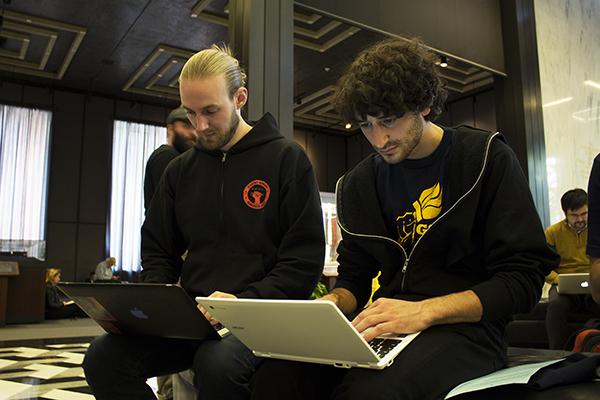
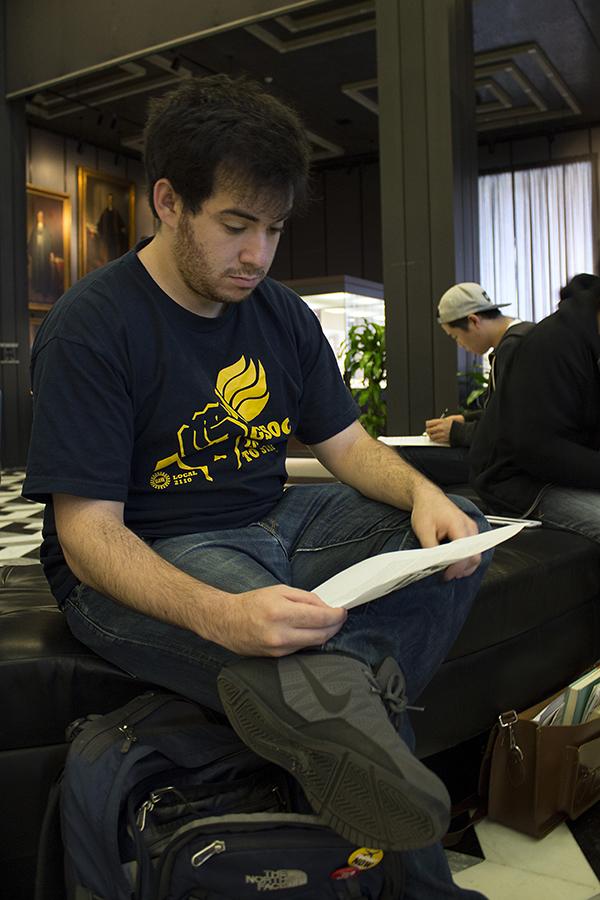
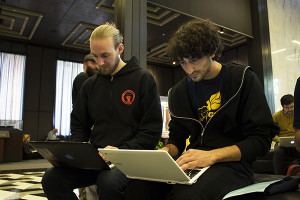
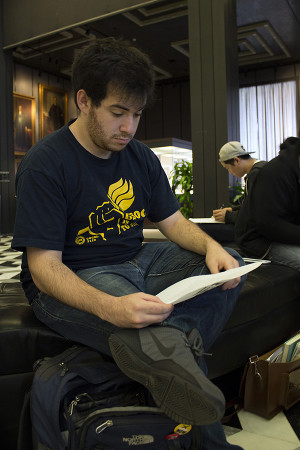
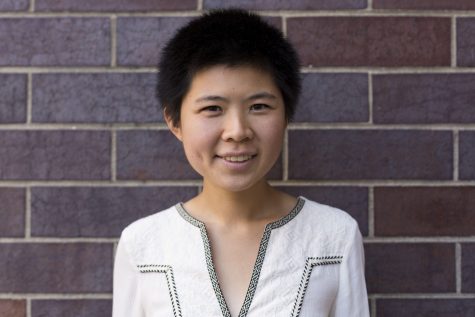

Zach • Oct 16, 2015 at 6:49 pm
“GSOC was the first labor union within any university.” This statement is patently false. Many university janitors and food service workers have been unionized since the 1930s and 1940s. University clerical and technical workers joined unions in large numbers in the 1960s and 1970s. Graduate employees like GSOC members won their first recognized bargaining unit at the university of wisconsin, madison, in 1969 and have been unionized at many public universities for many decades. GSOC was the first TA/RA union at a private university to win recognition, but it wasn’t even the first organizing campaign at a private university.